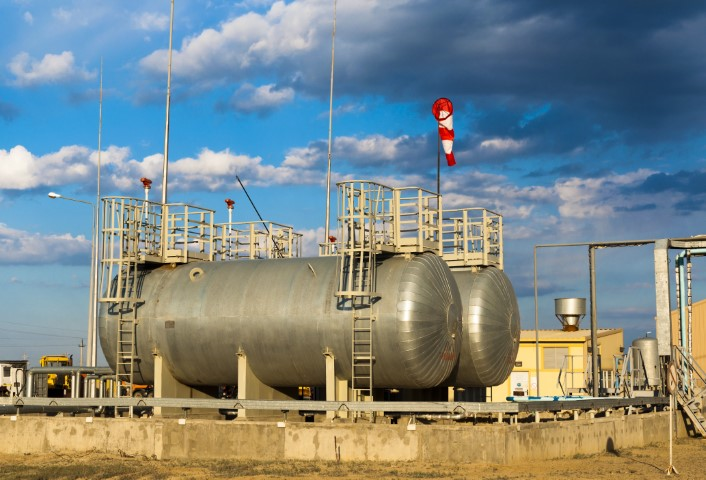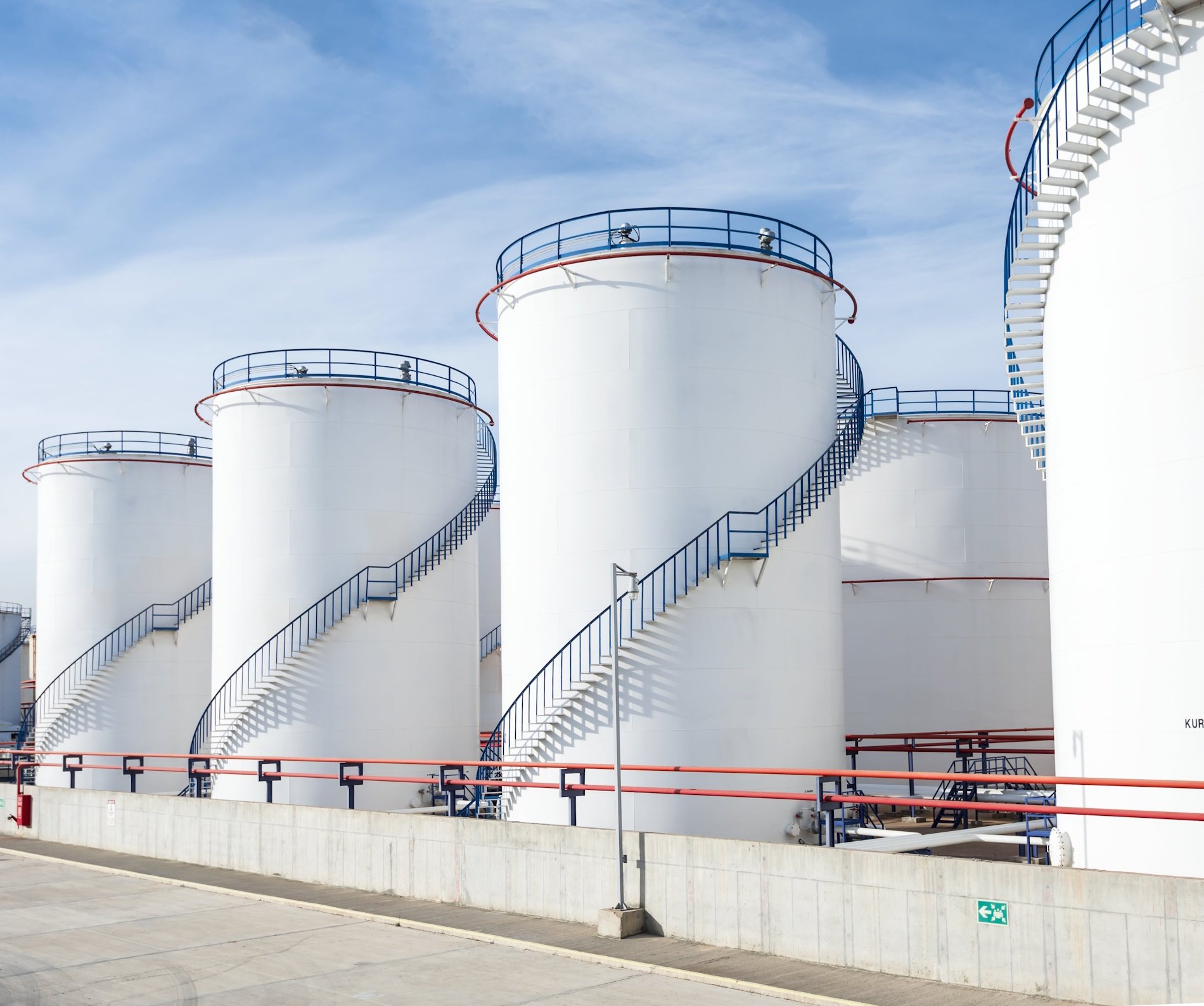Water in Diesel Fuel: 7 Must-Knows For Getting Rid of It
Anyone who works with diesel fuel, stored or otherwise, knows that water comes with the fuel territory. Water in fuel can cause problems all year...
Contamination of fuel – the presence of something that’s not supposed to be there – accounts for more than half of fuel-related problems. This includes both things that came in “from the outside” – like water intrusion or microbes coming in and establishing a home in the fuel tank, as well as things forming from within - the fuel itself degrading and producing things (like gums and varnishes) that normally wouldn’t be there, but which now contaminate the fuel.
With so much information floating around, we figured it might be good to do a quick
“down and dirty” summary of the symptoms that should lead you to suspect you’ve got a fuel contamination issue. Recognizing the problem and then correctly identifying the cause are the first two steps in resolving a fuel-related problem. You have to know what the problem is and what the cause is before you can apply a solution that will work.
Keep in mind that, while these fuel contamination symptoms may indicate something in the fuel that isn’t supposed to be there, some of these have more than one possible root cause.
Smoke is composed of unburned petroleum particles. A properly-functioning engine will burn fuel completely without having smoke as a byproduct. If the engine is in proper working order, then the presence of smoke means there is now something in the fuel that shouldn’t be there. Something that isn’t burning completely. Identifying what that is will take a little more detective work, but the most common culprits some kind of heavier petroleum compounds, whether it’s sludge, asphaltenes, other fuel-heavy ends, or even lube oil. None of those will burn cleanly like fresh fuel will.
Fresh gasoline or diesel looks clear and bright and should have a characteristic “solvent” smell. If the fuel starts to look cloudy, there could be entrained water in there. If it looks darkened, then its likely unstable and in the process of having asphaltenes and heavy ends breaking out of it. If it smells funny, check for microbes, especially if you know there’s a significant amount of water in the tank. Sulfur-reducing microbes, in particular, are known for the smelly byproducts they give off.
This means something is present in the fuel that isn’t burning like it’s supposed to. Since we’re talking about contaminants, this precludes an issue like inadequate cetane rating of diesel fuel. We don't count that because low cetane rating, while a fuel issue, is not a fuel contamination issue. It's just a subpar property of the fuel.
In terms of contaminants, you would consider the possibility of water (especially in a gas or marine engine) or the presence of heavy end substances that may have formed over time. You should check your fuel filter because the contaminants may have restricted fuel flow through the filter to the point of the engine not getting enough run to run properly.
Any time your engines or equipment deviate noticeably in how they are performing, make sure the fuel you’re using is up to spec.
Anyone who works with diesel fuel, stored or otherwise, knows that water comes with the fuel territory. Water in fuel can cause problems all year...

Continuing our discussion about diesel fuel quality, the issue of diesel fuel contamination is a constant bug in the ear of fuel handling...

Adherence to best practices is a key element to ensuring that stored fuel stays in optimal condition for as long as possible. It involves things that...